May 23, 2025 | 05:02 GMT +7
May 23, 2025 | 05:02 GMT +7
Hotline: 0913.378.918
May 23, 2025 | 05:02 GMT +7
Hotline: 0913.378.918
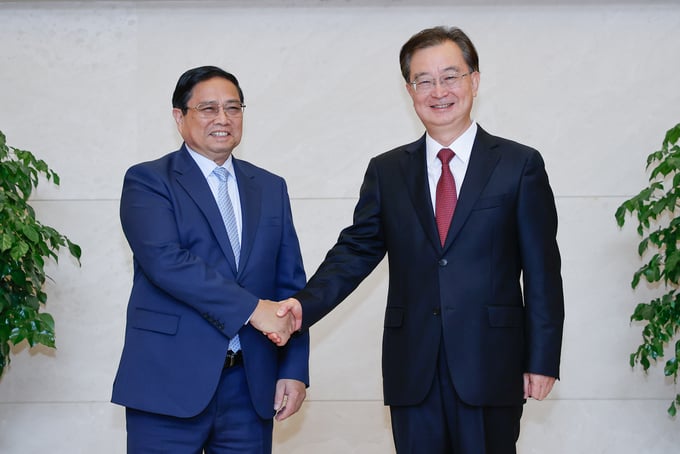
Prime Minister Pham Minh Chinh held talks with Mr. Wang Ning, member of the Central Committee of the Communist Party of China and Secretary of the Yunnan Provincial Party Committee. Photo: VGP.
On the morning of November 6 in Kunming, Prime Minister Pham Minh Chinh met with Mr. Wang Ning, Secretary of the Yunnan Provincial Party Committee.
During the meeting, the Prime Minister emphasized the strategic role Yunnan Province plays in the broader Vietnam-China relationship. He proposed that Yunnan lead in implementing high-level agreements and joint statements, strengthen exchanges with Vietnamese provinces, and aim to increase bilateral trade between Vietnam and Yunnan to $5 billion.
Additionally, he discussed transforming Yunnan and Lao Cai into central trade hubs connecting China and ASEAN, advancing pilot initiatives for a smart border gate system, improving collaboration on flood discharge regulation, disaster prevention, and expediting procedures for Vietnamese citizens living in Yunnan.
Prime Minister Pham Minh Chinh also expressed his hope that both sides will closely coordinate in border management and protection under the framework of the three land border agreements, as well as in organizing events to mark the 25th anniversary of the Land Border Treaty and the 15th anniversary of the three related legal agreements in 2024.
In response, Secretary Wang Ning agreed with the Prime Minister’s key points and reiterated Yunnan’s commitment to maintaining a strong, cooperative relationship with Vietnam. He assured that Yunnan is ready to work with relevant Vietnamese ministries, sectors, and localities to carry out the shared vision of General Secretary and President of China Xi Jinping and Vietnam’s General Secretary To Lam.
On the same day, Prime Minister Pham Minh Chinh held a bilateral meeting with Lao Prime Minister Sonexay Siphandone.
The two leaders reviewed recent developments in bilateral cooperation, highlighting the close coordination between their governments to advance the outcomes of high-level exchanges and agreements. Notably, they discussed the results of President To Lam's state visit to Laos in July 2024 and the meeting of both Politburos in September 2024. They also committed to actively implementing these high-level agreements and thoroughly preparing for the upcoming 47th Meeting of the Intergovernmental Committee of the two countries.
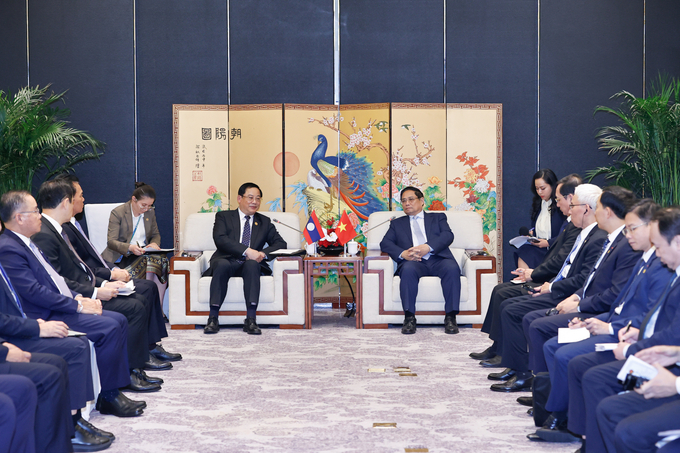
The Prime Ministers of Vietnam and Laos affirmed their mutual support on international and regional issues. Photo: VGP.
Both sides agreed to deepen their cooperation on defense and security, continue maintaining border security, and promote a peaceful, friendly, stable, and sustainably developed Vietnam-Laos border.
The two Prime Ministers also committed to advancing economic and trade cooperation. Prime Minister Sonexay Siphandone emphasized Laos’s prioritization of and support for Vietnamese businesses investing in Laos, especially in strategic sectors such as infrastructure, energy, high technology, and transport connectivity. He expressed a desire to foster stronger economic links between Laos and Vietnam and work together to enhance the legal framework that facilitates trade and investment activities.
Translated by Quynh Chi
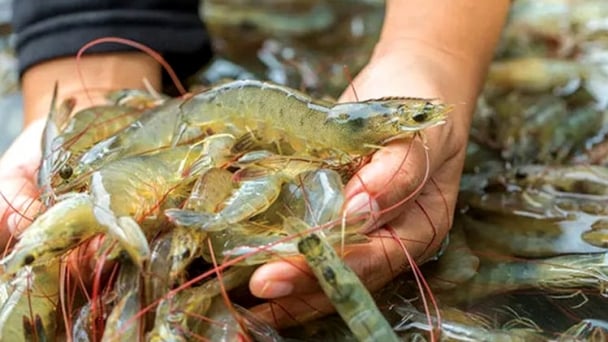
(VAN) A study assessing the carbon footprint of whiteleg shrimp farming in China shows the potential for carbon emission reduction through the use of renewable energy.
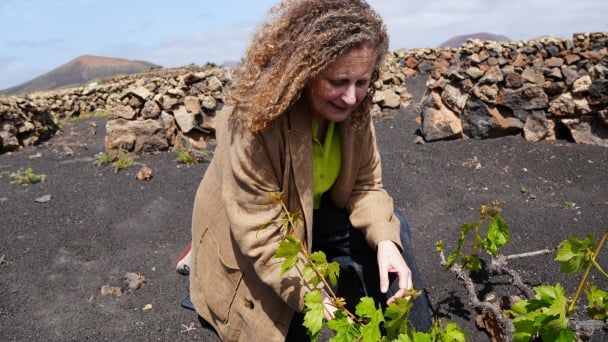
(VAN) Brazil, China, Mexico and Spain receive new designations of Globally Important Agricultural Heritage Systems from FAO.
![Reducing emissions from rice fields: [3] New values generated from carbon credit](https://t.ex-cdn.com/nongnghiepmoitruong.vn/608w/files/content/2025/05/19/dsc09613-144700_71-150957.jpg)
(VAN) In addition to helping safeguard the environment, the low-emission rice cultivation model also generates new opportunities for farmers by leveraging the carbon credit market.
![Ho Chi Minh city adapts to climate change: [1] Vulnerable in the whirlwind of development](https://t.ex-cdn.com/nongnghiepmoitruong.vn/608w/files/duyenht92/2025/05/19/3131-ngap-nongnghiep-163121.jpg)
(VAN) As the country's economic engine with a rapid urbanization rate, Ho Chi Minh city is facing increasingly serious consequences of climate change.
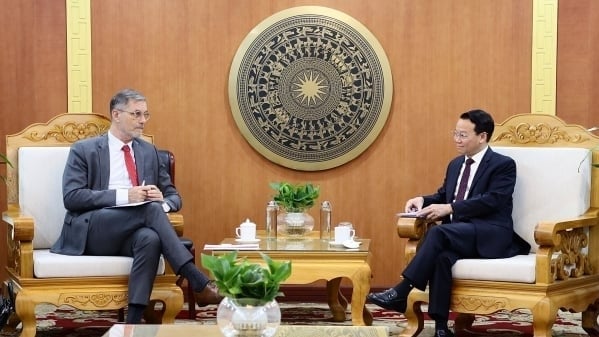
(VAN) On May 21, Minister of Agriculture and Environment Do Duc Duy worked with Mr. Olivier Brochet, Ambassador Extraordinary and Plenipotentiary of the French Republic to Vietnam.
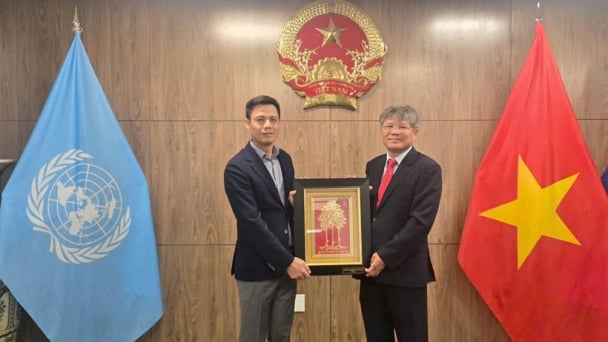
(VAN) VRG recently conducted a visit and working trip to the United States to demonstrate its efforts in redefining the role of rubber enterprises in the global value chain.

(VAN) In 2024, over 295 million people across 53 countries and territories faced acute hunger—an increase of almost 14 million people compared to 2023, while the number of people facing catastrophic levels of hunger reached a record high.